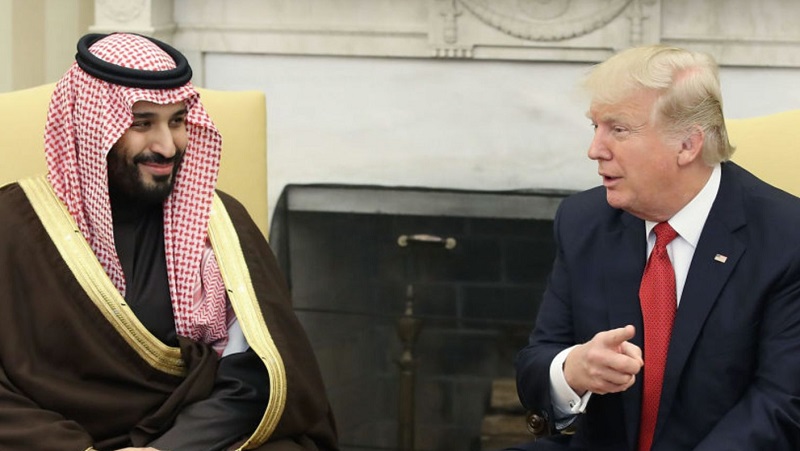President Donald Trump told OPEC on Thursday that its members should start pumping more oil, marking his second warning to the producer group this year as crude prices continue to rise. Trump’s latest tweet comes as OPEC and a group of allies led by Russia are cutting production following a collapse in oil prices in the final months of 2018. The output curbs by the so-called OPEC+ group have played a major part in the rebound in the oil market this year.
Oil prices briefly extended losses after Trump’s tweet, but crude futures bounced off session lows and climbed toward’s the day’s highs by mid-morning. “I would say that it is apparent that the oil market has concluded that the OPEC+ group has put President Trump’s Twitter account on mute,” said John Kilduff, founding partner at energy hedge fund Again Capital.
Analysts say pressure from the Trump administration last year — punctuated by a series of Twitter attacks on OPEC — contributed to the producer group’s decision to lift production limits in June. But in recent months, OPEC members have mostly shrugged off Trump’s social media demands. The OPEC+ alliance agreed to a fresh round of production cuts in December, despite Trump calling on the group to keep pumping at high levels. Since January, the group has aimed to keep 1.2 million barrels a day off the market in order to drain oversupply.
Trump says it’s ‘very important that OPEC increase the flow of oil’ because prices are too high, CNBC, Mar 28
